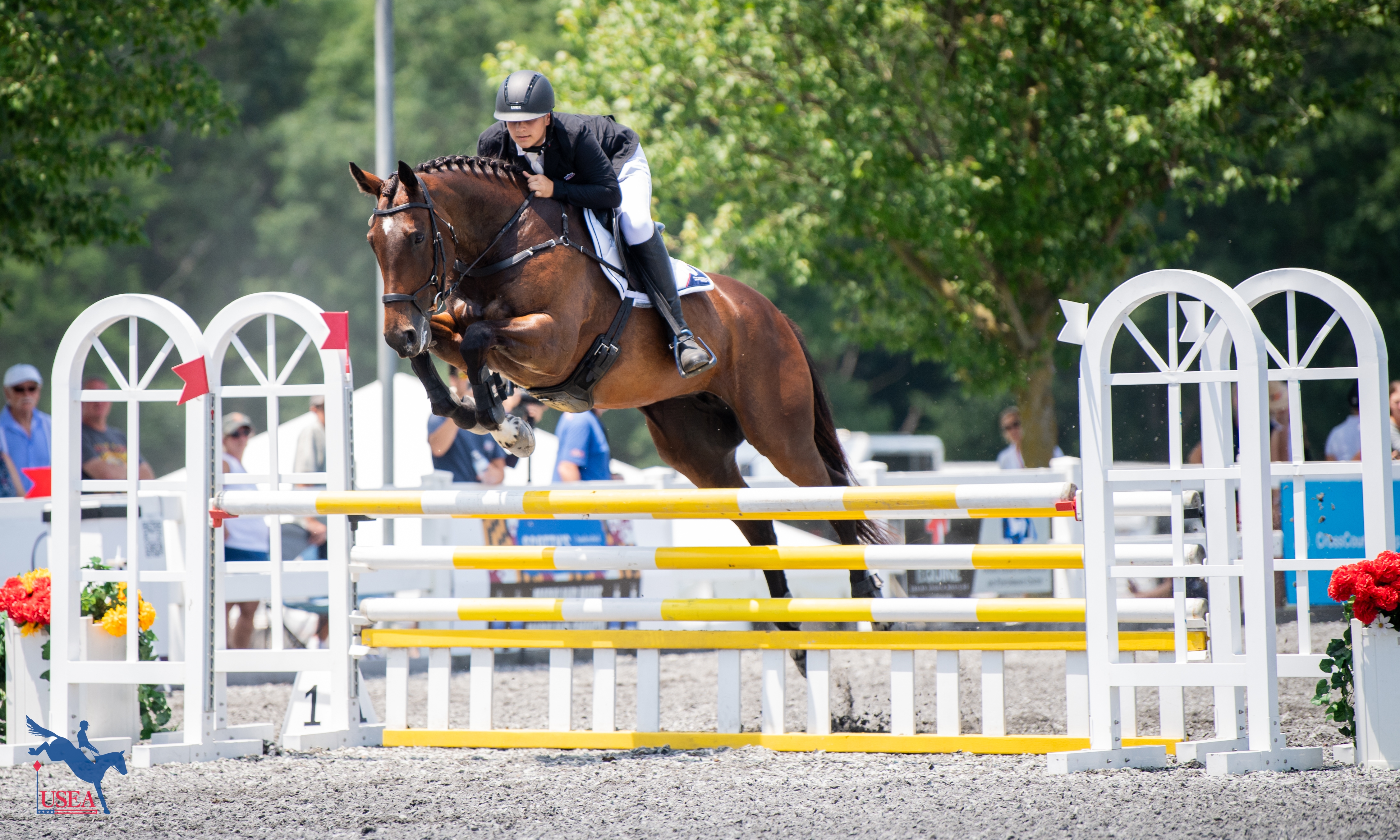Pressure Proof Tip with Daniel Stewart: PRACTICE like an Athlete in 2026
As we all know riding is a sport of distances. We have 12' strides, 16-hand horses, 3' fences, and 450mpm, but when it comes to developing success and satisfaction in our sport we’d all be well-advised to remember that there are two additional distances that are even more important than all these...
Pressure Proof Tip with Daniel Stewart: Turkey and Triggers
It’s never easy doing hard things, and sometimes those things can leave us feeling a bit baffled and belittled. If only there was a strategy that we could try during the holidays that would make those hard things a little easier. Surprise…there is!
Pressure Proof Tip with Daniel Stewart: The IKEA Affect
Doing hard stuff is hard. It requires energy and time and dedication and a willingness to fail or come-up short. Perhaps that’s why so many of us struggle taking-on additional challenges in our already challenging-enough lives. Not only that, our brains have been designed to seek smooth; to conse...
Pressure Proof Tip with Daniel Stewart: Giving Big Importance to a Little Imagination
As surprising as it might seem, imagination is considered one of the strongest of all mental coaching skills. For example, is it possible to lose but still imagine we’re winners? Can we fail but still imagine we're not failures?
Pressure Proof Tip with Daniel Stewart: Replicate, Rotate and Eliminate
Last month we discussed a visualization technique designed to help us overcome challenges that are too risky to actually practice (like falling), but what about those challenges that aren’t risky? What about those that bother us but don’t threaten us? What about those that feel more dramatic than...
Pressure Proof with Daniel Stewart: Reactions to Actions
For the past several months we’ve been discussing fears, including their causes, kinds and purpose. We also discussed strategies like flooding and desensitization that can help us quiet their noise.
Pressure Proof Tip with Daniel Stewart: The Trauma and Drama of Riding
Last month we began a series of Pressure Proof tips dedicated to fear and discussed the idea of building a fear-a-myd: a series of fears (from least to greatest) written in the form of a pyramid. We then talked about creating a second pyramid containing of a series of strategies...
Pressure Proof Tip with Daniel Stewart: Four Letter Word Starting with F
Fear is a word we’ve all experienced and one that can leave the best of us feeling a bit belittled and bewildered. It’s also one of the most misunderstood of all emotions.
Pressure Proof with Daniel Stewart: The Choice to Choose
A few months ago we began a series of Pressure Proof tips dedicated to the many different choices we have when thinking about our riding potential. We labeled these choices mindsets and discovered that some lead us towards growth, grit, and gratitude while others lead us in the opposite ...
Pressure Proof with Daniel Stewart: Tomato Salad?
Two months ago we began a conversation about growth and fixed mindsets and the many different mental habits and behaviors that create them. In my Thanksgiving Pressure Proof tip I introduced you to the first two of many such habits: the greed and gratitude mind...






















